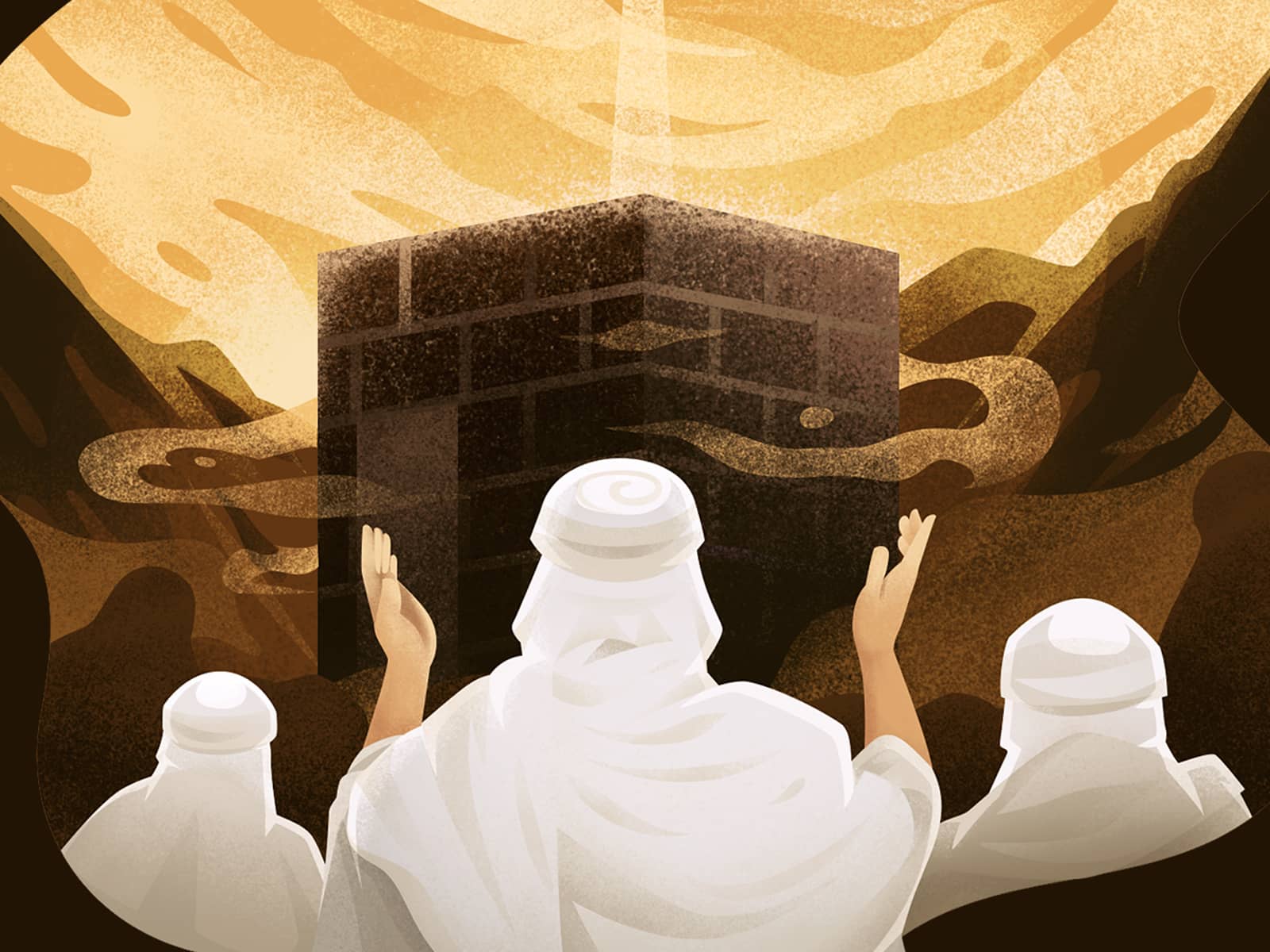Islamic observances are practices, ceremonies, and rituals that Muslims observe as part of their religious faith. They are based on the teachings of the Quran, the holy book of Islam, and the Hadiths, the sayings and actions of the Prophet Muhammad. Here are some of the major Islamic observances:
Salat (Prayer)
Muslims are obligated to perform five daily prayers, each at specific times of the day: at dawn (Fajr), noon (Zuhr), mid-afternoon (Asr), sunset (Maghrib), and night (Isha). Each prayer involves specific physical postures such as standing, bowing, and prostrating, and recitations from the Quran.
Sawm (Fasting)
Muslims observe fasting during the month of Ramadan, the ninth month of the Islamic lunar calendar. From dawn until sunset, they abstain from eating, drinking, smoking, and other physical needs. The fast is seen as a time for spiritual reflection, increased devotion and worship.
Zakat (Charity)
Zakat is a mandatory form of alms-giving in Islam, usually calculated as 2.5% of a Muslim’s total savings and wealth above a minimum amount known as nisab. The practice is intended to cleanse wealth and to help those who are in need.
Hajj (Pilgrimage)
Hajj is a pilgrimage to the holy city of Mecca in Saudi Arabia, which every adult Muslim must undertake at least once in their lifetime if they can afford it and are physically able. The pilgrimage occurs in the last month of the Islamic calendar, Dhu al-Hijjah.
Eid al-Fitr
Eid al-Fitr is a festival that marks the end of Ramadan. It is a day of celebration where Muslims gather for communal prayers, share meals, and give gifts.
Eid al-Adha
Eid al-Adha, also known as the “Festival of Sacrifice,” commemorates the willingness of Prophet Ibrahim (Abraham in Christian and Jewish traditions) to sacrifice his son as an act of obedience to God. It also marks the end of Hajj. On this day, those who can afford to do so, sacrifice a livestock animal as a symbol of Ibrahim’s sacrifice.
Muharram and Ashura
Muharram is the first month of the Islamic calendar, and its tenth day, Ashura, is commemorated for different reasons by Sunni and Shia Muslims. For Sunnis, it marks the day Moses was saved from the Pharaoh’s tyranny. For Shias, it is a day of mourning commemorating the martyrdom of Imam Hussein, the grandson of Prophet Muhammad.
Milad un Nabi
This is the observance of the birthday of the Prophet Muhammad, which is celebrated in Rabi’ al-awwal, the third month of the Islamic calendar. The manner and extent of celebration vary among different Islamic sects and cultures.
These are just a few of the many observances in Islam. The practices can vary because of differences in culture, sect (like Sunni and Shia), and interpretation of Islamic teachings.



